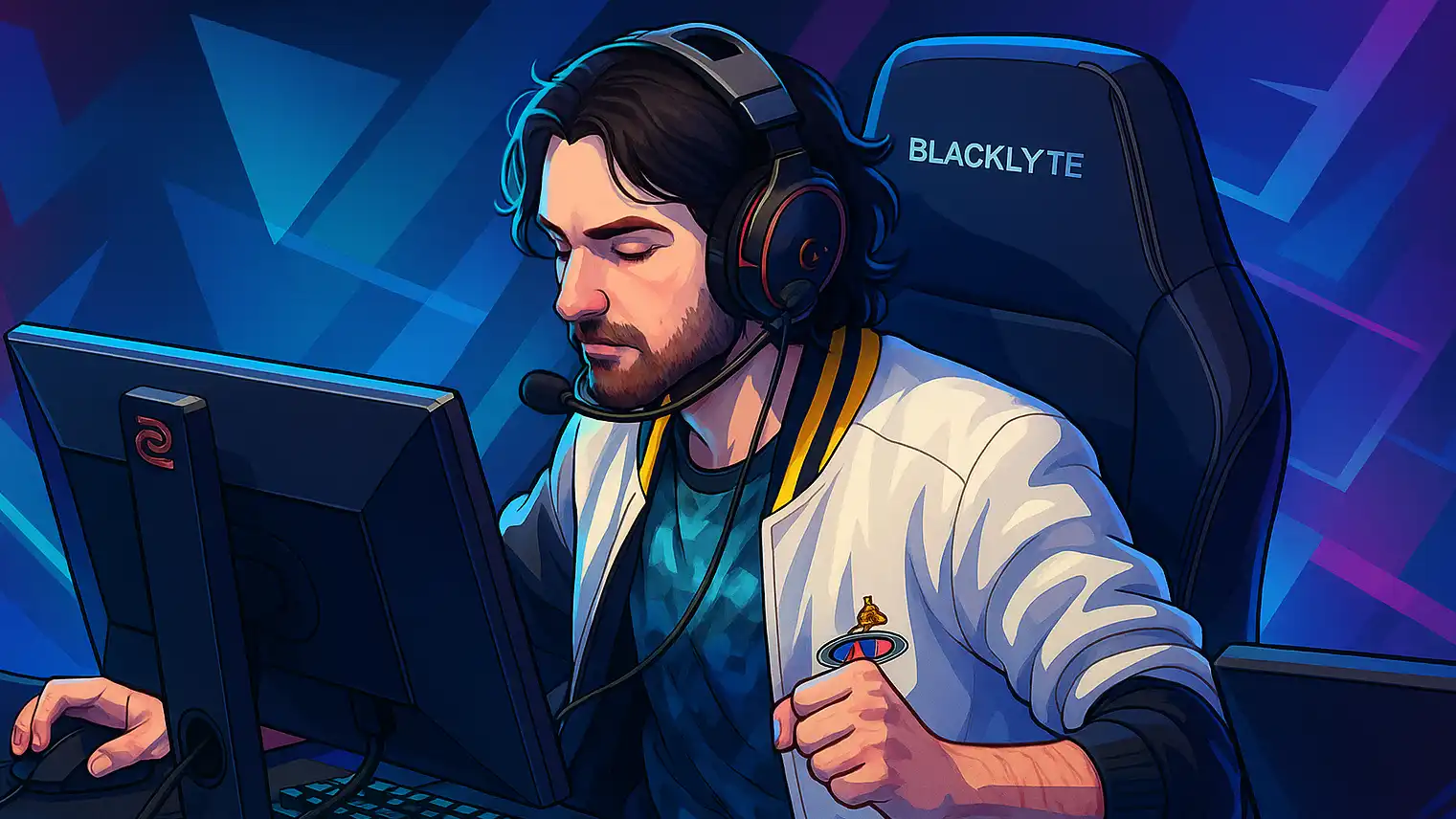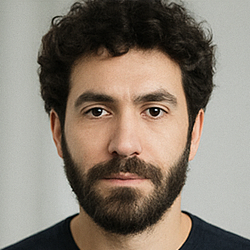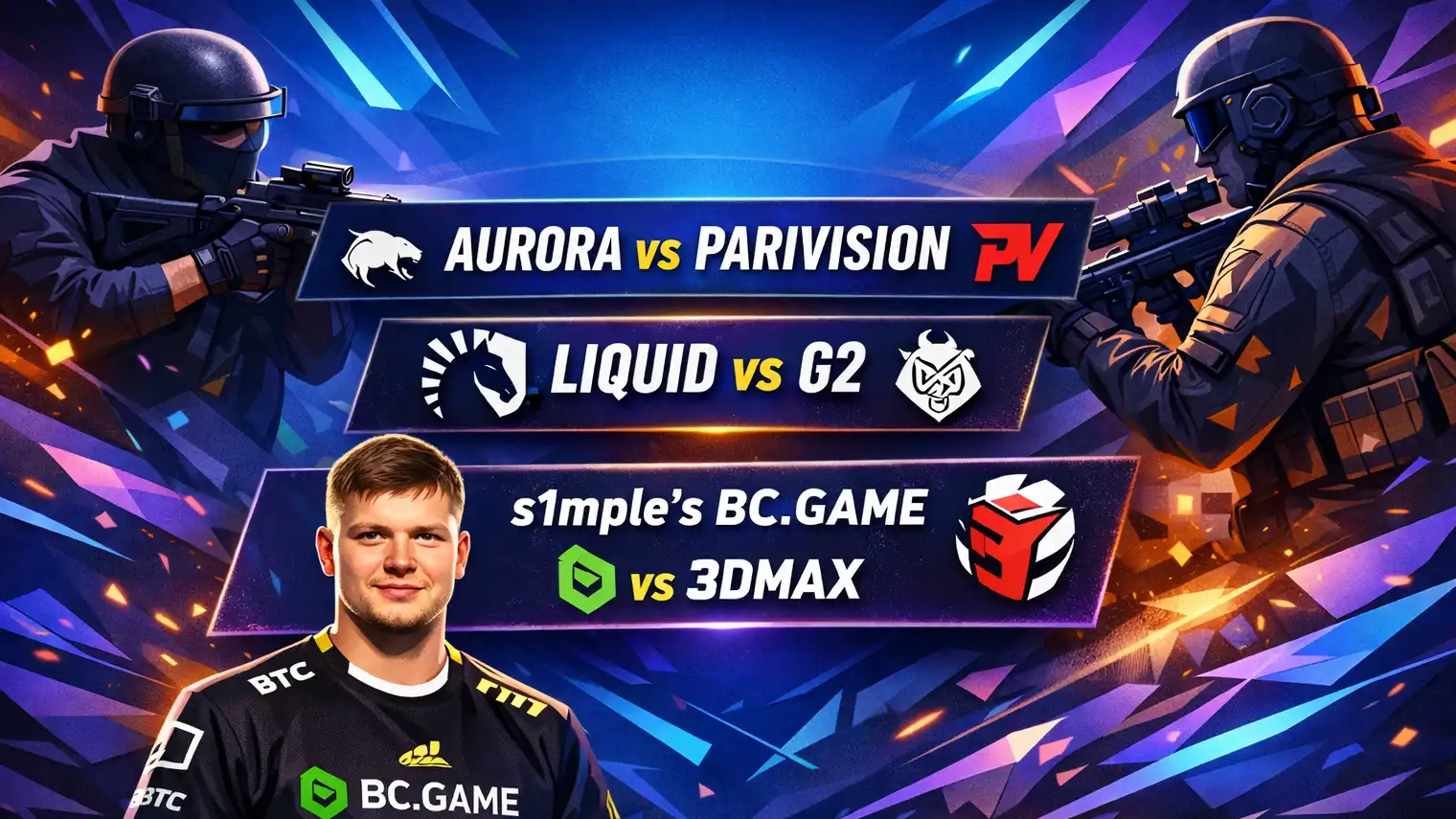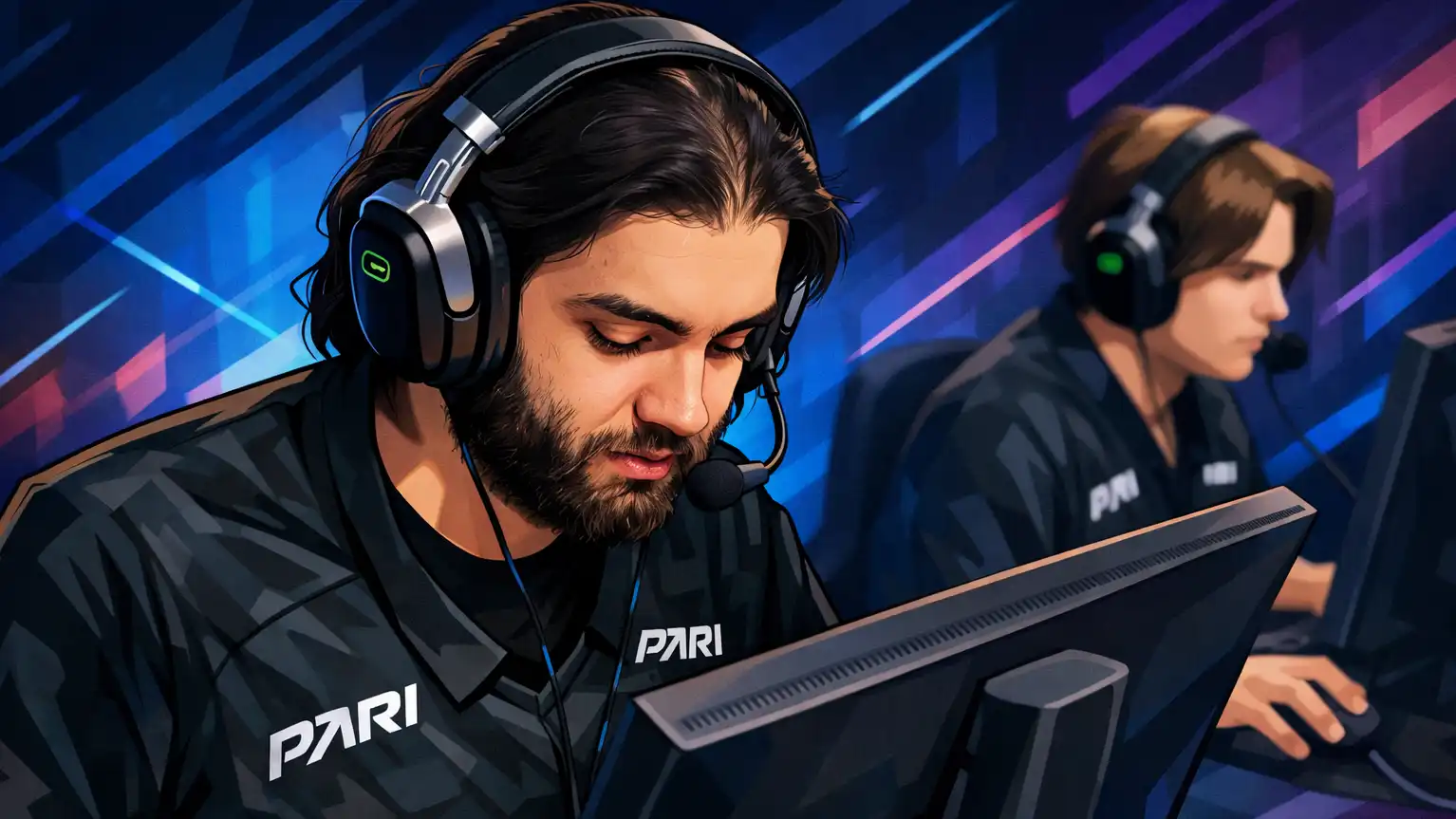Jame admits balancing IGL and AWP roles is difficult

Jame contemplates role shift, burden of dual responsibilities weighs
Dzhami “Jame” Ali, the in-game leader (IGL) and AWPer for PARIVISION, has opened up about his potential future in CS: switching away from the AWP to concentrate more on rifling. Speaking after his team’s elimination at StarLadder StarSeries Fall 2025, Jame admitted that handling both roles—AWP and IGL—is taking its toll. He said performing poorly in recent matches partly stems from trying to balance both jobs. He foresees a time when relinquishing one of those duties might be necessary—even though doing so would be “painful.”
The current difficulties: juggling AWP + IGL
Jame was frank in reflecting on his recent form:
-
He confessed he played “badly in the last two matches” and even in some prior matches he felt he didn’t perform to his standard, largely because of the mental load of IGLing and AWPing simultaneously.
-
He believes that being both shot‐caller and primary AWPer causes fatigue, distraction, and inconsistencies. Decision‐making under pressure suffers when you must think both tactically (IGL) and mechanically (AWP).
These issues surfaced during StarSeries Fall, where PARIVISION managed to take a win but were eventually eliminated after failing to close out matches. The results exposed cracks in execution and coordination—areas Jame feels are being held back by his dual role.
Young roster, experience gap: PARIVISION’s growth and grind
PARIVISION is relatively young as a roster. Jame is their senior presence, guiding mostly inexperienced players. Some relevant background:
-
Many of his teammates “didn't know much about competitive play six months ago,” according to Jame himself. The team has been grinding many matches—officials, maps, tournaments—to build that experience.
-
He has made deliberate moves to integrate younger players. Notably, Qikert and Travis (older / more experienced) were replaced by younger, less proven players. This is part of a long-term strategy: invest in emerging talent, teach them, let them grow. Jame sees this as necessary, even if imperfect in the short term.
The growth curve has been steep. He describes the past nine months as a “grind” of hundreds of officials, maps, and LAN appearances. For a team that started as a tier-three / tier-four entity, pushing toward VRS points and LANs is a big leap.
The idea of stepping back: what role could change look like
Jame sketched out what his future might entail if he gives up AWPing:
-
He could shift fully to rifling, stepping away from being the primary sniper. Though painful, Jame compares this potential transition to what other players like FalleN have gone through.
-
His thought is that in such a scenario, what matters more is having “strong star riflers” around him—so that his focus can be more on IGLing, mid-round decision making, mental games rather than maintaining top AWP form.
-
He admits that giving up the AWP role would mean losing something personally meaningful: the moments, the impact that come with being a sniper. The pain comes from stepping away from what many consider a prestige role among CS:AWPers. But he sees trade-offs between longevity, consistency, and leadership.
Context: PARIVISION, VRS, and the Major road
Understanding Jame’s reflections requires seeing the broader competitive environment:
-
VRS (Valve Regional Standings): Accumulating VRS points is essential for qualifying for the Major. PARIVISION has been participating in many official matches lately, partly driven by the need to earn these points. Jame believes that experience, not just practice, is crucial.
-
The team has made LAN appearances increasingly often. Traveling, adapting to new conditions, performing under pressure—all of these are growth factors. But they also amplify pressure on individuals like Jame, who hold major roles.
-
PARIVISION’s ambition: to elevate their performance, qualify for bigger events, get playoff berths. But Jame acknowledges that some realities—young roster, inexperience, developmental stage—mean results will lag practice improvements for a time.
What is at stake
-
Performance expectations vs. personal health: Jame is at a crossroads, balancing having a leadership role with a mechanical pressure cooker (sniping). The decisions he makes could affect both his personal performance and the team’s trajectory.
-
Roster support: A shift from AWP would require reliable riflers who can step up and maintain high mechanical output. If that doesn’t happen, the team risks losing map control or opening strategies that depended on his sniping.
-
Longevity: By stepping back from dual roles, Jame may prolong his effectiveness. Many players who try to both lead and frag at peak level find themselves burned out or underperforming in one role. Recognizing that early could be a competitive edge.
Key quotes
-
“It will be painful, but this is how the next chapter of my career could turn out … I could switch to rifling at any moment.”
-
“I played badly in the last two matches … It’s hard to juggle two roles.”
-
On the young roster: “We just don’t have a choice because we are a young team … people who didn’t know anything about competitive play half a year ago … all the experience … only now have they started to play CS.”
Conclusion
Dzhami “Jame” Ali’s latest comments reflect both a self-aware player and an evolving leader. He sees reducing his mechanical burden (AWP) not just as a possibility, but as something that may become necessary. PARIVISION builds with youth, experience, and ambition, but the weight of expectations—personal, team, and results—leans heavily on him.
The decision to shift from AWP to rifling is not just about comfort, but about optimizing his capacity to lead, to call plays, to manage the team, and to preserve performance. For PARIVISION, how well this transition is supported—through roster choices, coaching, map vetoes, in-game roles—could define their trajectory in upcoming tournaments.





